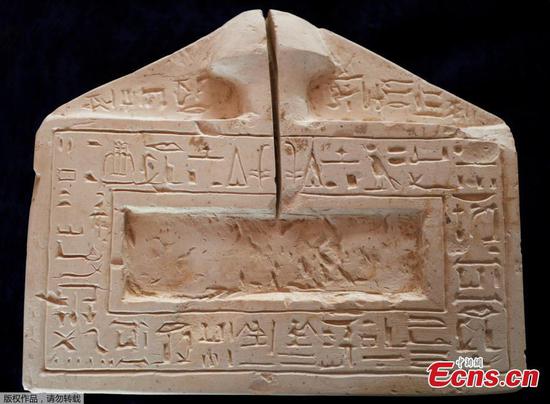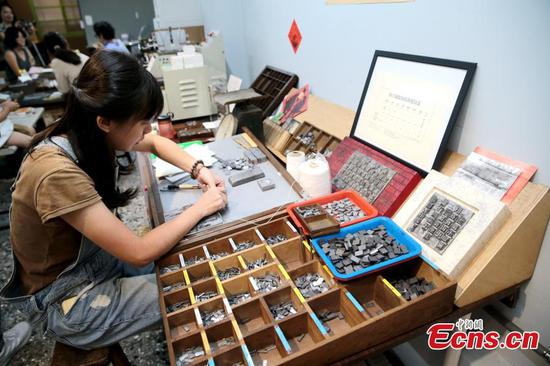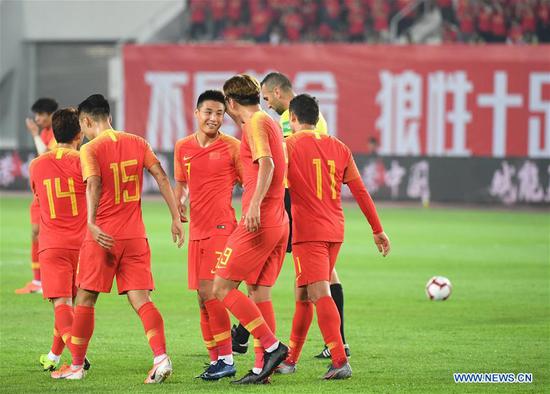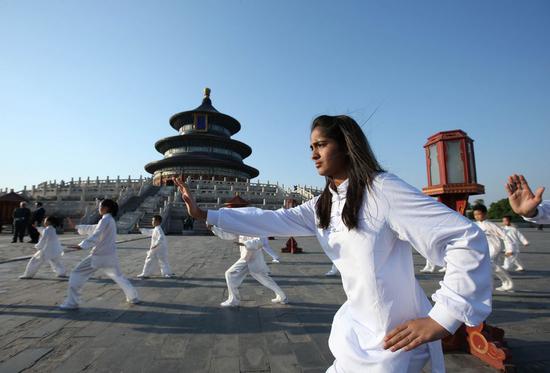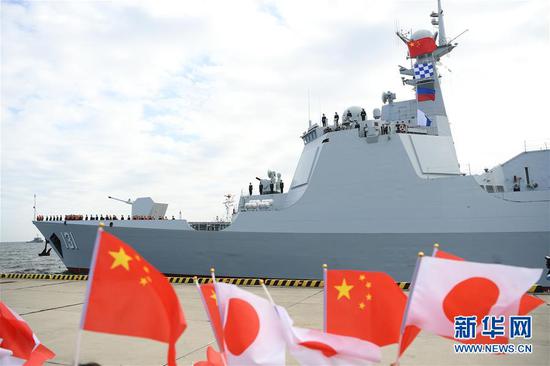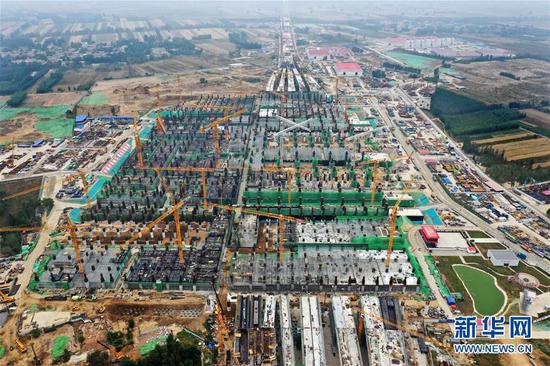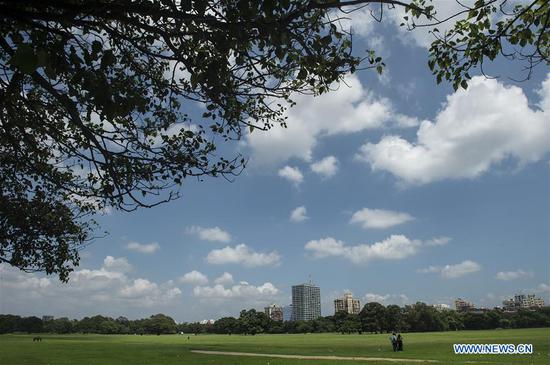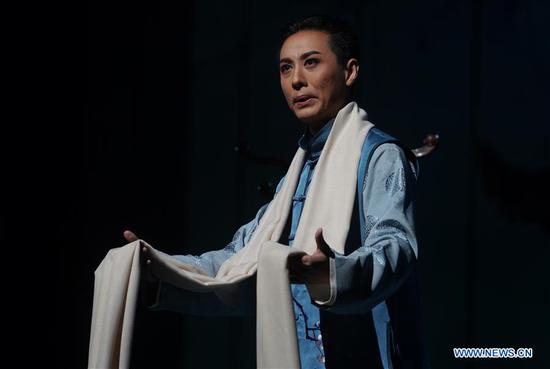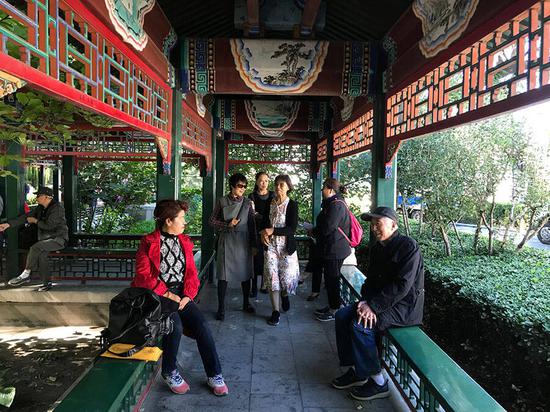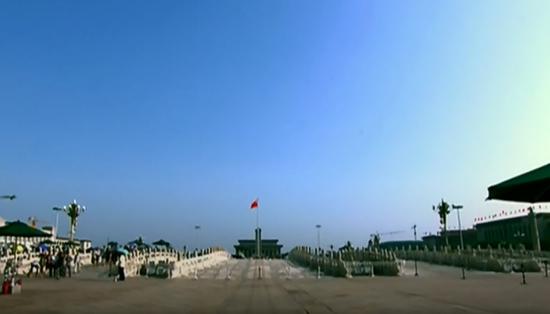Just a fortnight after the founding of the PRC, another economic storm blew up. On October 15, commodity prices started rising rapidly. Over the next 50 days, prices across the country more than tripled, led by a sharp rise in grain prices in the north and textile prices in Shanghai. In the ensuing panic, some Shanghai-based reactionaries claimed that only if the prices of grain, cotton yarn and coal were controlled, it would spell disaster for the city.
The CPC Central Committee made a decision to mobilize the circulation of grain, cotton yarn and coal across the country.
On November 25, with inflation at its height, the central government ordered the large-scale sale of reserves of these commodities in all major cities. Prices plummeted, and many speculators were left bankrupt. By December 10, the government could claim victory in the "war of rice and cotton."
When Chairman Mao Zedong embarked on a visit to the Soviet Union in early December 1949, spies in Beijing reported his movements to the Kuomintang secret service in Taiwan. But the message was intercepted by the Chinese military, and then the public security organs carried out a thorough investigation.
In the early morning of February 26, 1950, investigators entered a residence in central Beijing. It was the home of a Kuomintang spy named Ji Zhaoxiang. They found a radio, a code book and an American-manufactured handgun. Simultaneously, in Beijing and Tianjin, another dozen arrests were made. This was the first major espionage case since the founding of the People's Republic.
Between December 1950 and October 1951, a campaign was carried out to fight against counterrevolutionaries. Those targeted included bandits, local warlords, spies, anti-Party elements and leaders of reactionary sects and secret societies. By eliminating the remaining counterrevolutionary elements, the new government strengthened its hold on power. A major obstacle to the ongoing liberation drive was removed, and productivity was boosted.
On May 1, 1950, the new government issued its first law – the Marriage Law. Under it, the unequal system of feudal marriage that had been practiced for thousands of years was abolished. Women were given the freedom to choose their husband. Now that couples could marry for love, weddings became occasions of great joy.
It was said that the women of New China appeared younger, and prettier, than before.
Women can hold up half the sky. Women were becoming actively engaged in socialist development. In many industries, female workers were given jobs, alongside the men.
Tian Guiying was China's first female locomotive driver.
On International Women's Day, March 8, 1952, the People's Republic's first group of female pilots were honored in Beijing. Women flying across the skies of the motherland was a cause for national celebration.











